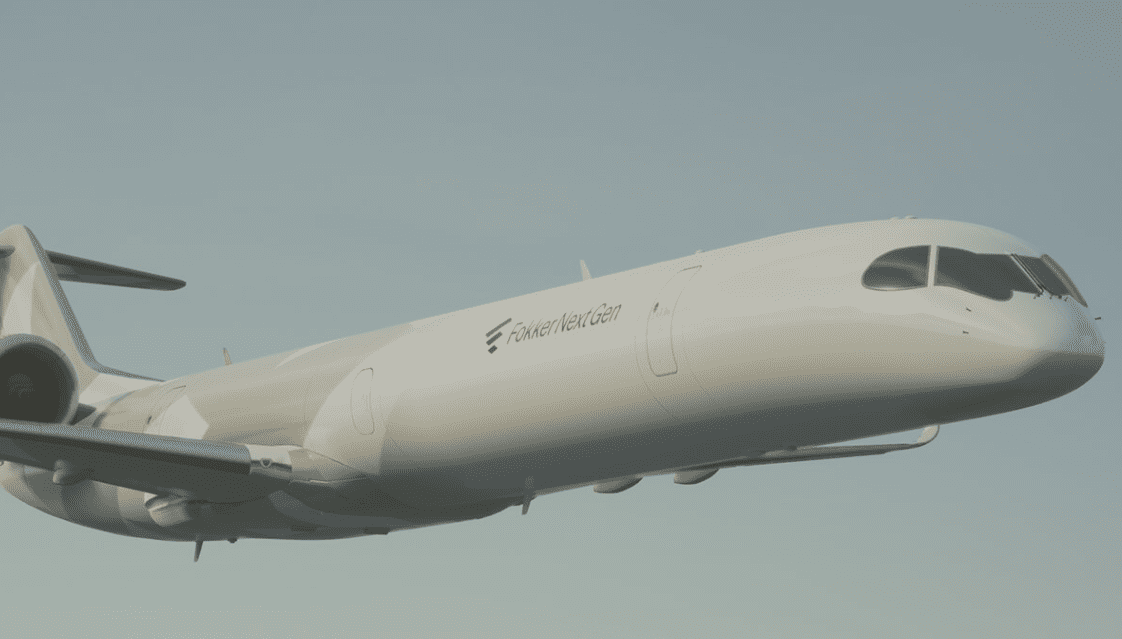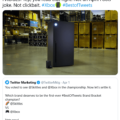
The Dutch company Fokker Next Gen plans to market a hydrogen-powered aircraft in 2035. The hydrogen aircraft is based on the Fokker 100 and is suitable for flights of up to 2500 kilometers, because hydrogen takes up more space than kerosene.
Fokker Next Gen is working with British aircraft engine maker Rolls-Royce on an aircraft engine that is suitable for hydrogen. Together with Fokker Services, the companies will convert a Fokker 100. Fokker Next Gen receives both Dutch and European subsidies to realize this.
In total, Fokker Next Gen received 27.5 million euros in subsidies so far. With the help of these subsidies, the company hopes to show that flying on hydrogen is possible, in order to eventually get large investors on board. Billions of euros are still needed to develop the aircraft on hydrogen. At Nederlands Dagblad director Juriaan Kellerman says that the plans for the aircraft are realistic.
The first demonstration flight of a converted Fokker 100 on hydrogen should take place in 2027. The knowledge gained can then be used to design an entirely new Fokker. However, no concrete agreements have yet been made with the cooperation partners. The ultimate goal is for the production line to deliver 150 units per year. The project should generate ‘five to six thousand’ jobs and ‘potentially billions in tax revenue’.
While Fokker Next Gen considers it realistic that a hydrogen-powered Fokker will be marketed in 2035, aviation expert believes Joris Melkert of TU Delft that ‘very difficult to estimate’. He says that to the ND. Melkert thinks that the technique of flying on hydrogen is ‘promising’, but also very expensive. “It is not for nothing that there are only two major aircraft manufacturers left”.











